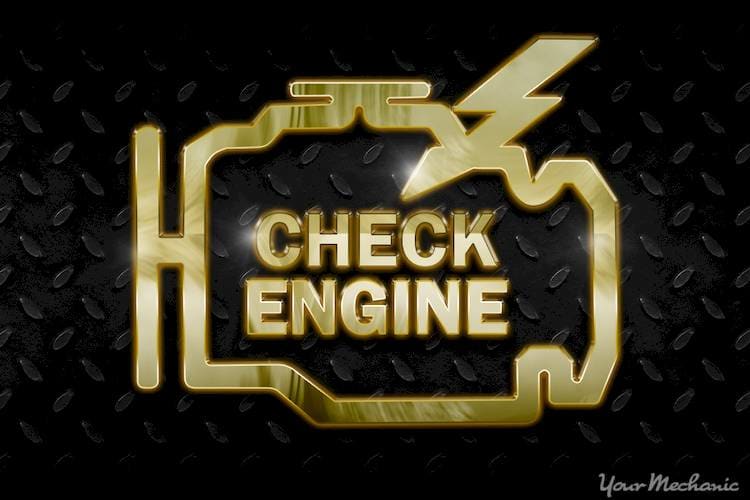P0905 code definition
The P0905 code identifies a problem with the gate select circuit range/performance in an automatic transmission. It can be associated with other codes, including P0906, and P0907.
What the P0905 code means
The P0905 code is a generic OBD-II code that applies to all automakers. It is an indication that there is a deviation between sensor signal 1 and sensor signal 2 and lasting for at least one second.
What causes the P0905 code?
The P0905 code is caused by several potential issues, including the following:
- A problem within the TCM (transmission control module)
- An issue within the select stroke sensor
- If there is an open or short in the select stroke sensor circuit
- Damage to the wiring harness
- A poor connection to the select stroke sensor/sensor circuit
What are the symptoms of the P0905 code?
Generally, a P0905 code will not cause the Check Engine Light to illuminate, but it should trip the Transmission light. A code will be stored in the vehicle’s computer for access by a qualified technician. You may not notice any other symptoms, and the vehicle may drive normally.
How does a mechanic diagnose the P0905 code?
A mechanic will first connect an OBD-II scanner to your vehicle’s OBD-II port, which is usually located under the dash on the driver side of the car, mounted above the brake and gas pedals. Some vehicles have the port mounted on the passenger side under the dash, though. A qualified mechanic will first clear the code from the car’s computer, and then test drive the vehicle to verify that the condition repeats and the code is reset.
During the test drive, the technician should view live data from the vehicle’s computer to ensure correct operating values. If the code resets, the technician will need to visually inspect the select stroke sensor and sensor circuit. Further inspection and diagnostics may need to be performed on the TCM, as well. Visual signs of damage can include corrosion, damaged or broken wires and the like. If no visual damage is noticed, the technician will conduct further diagnostics using a digital voltmeter.
Common mistakes when diagnosing the P0905 code
The most common mistake made when diagnosing this fault is when a technician does not clearly understand why the fault is set. The fault is due to perceived signal differences between multiple sensors corresponding to the transmission selector gate which should be reading very similar. Another common mistake is to overlook the wiring and the wiring connectors when diagnosing the problem, instead looking only for a failed part.
How serious is the P0905 code?
While the P0905 trouble code may not cause any drivability issues, it can become a serious problem, particularly if it indicates an issue with the TCM. Prolonged driving without having the underlying issue diagnosed and repaired could lead to damage of the transmission and a complete breakdown, leaving you stranded on the road.
What repairs can fix the P0905 code?
Repairs to fix the P0905 code can include replacement of the stroke sensor circuit, the wiring harness to the sensor, the sensor itself, reconnecting a loose wire or ground connection, or even replacing the entire TCM depending on the actual issue causing the code to set in the computer.
Because there are multiple causes for the P0905 code, it is crucial to have a professional mechanic diagnose the actual problem. Simply replacing parts may not repair the issue, and driving the vehicle could cause further damage. It is also important to note that older vehicles and those with high mileage can experience momentary/temporary issues that cause codes to set even if there is no actual underlying problem.
Need help with a P0905 code?
YourMechanic offers certified mobile mechanics who will come to your home or office to diagnose and repair your vehicle. Get a quote and book an appointment online or speak to a service advisor at 1-800-701-6230.
Check Engine Light
trouble codes
P0905





